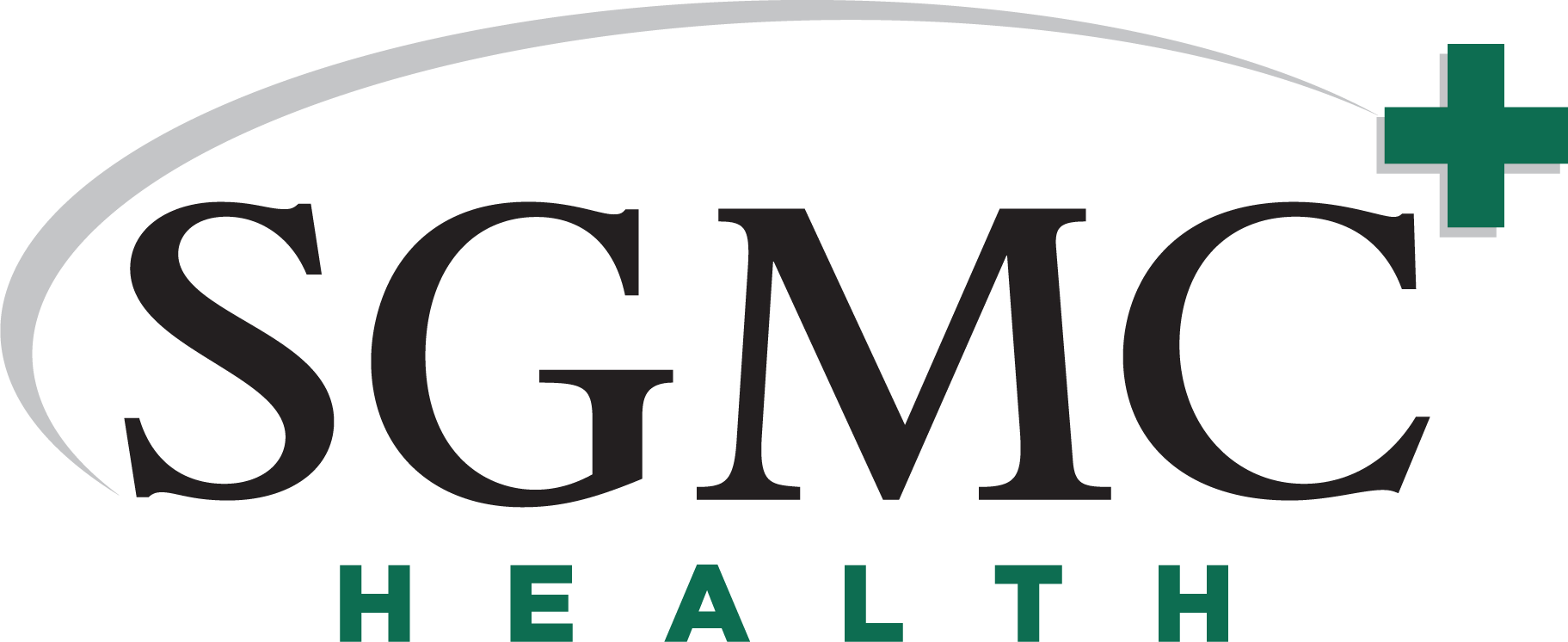South Georgia Medical Center received the Get With The Guidelines®-Resuscitation Gold Award for implementing specific quality improvement measures outlined by the American Heart Association for treatment of adult patients who suffer cardiac arrests in the hospital. This is the third consecutive year SGMC has received the highest national ranking from AHA.According to AHA, more than 200,000 adults and children have an in-hospital cardiac arrests each year. The program was developed to save lives of those who experience in-hospitalcardiac arrests through consistently following the most up-to-date research-based guidelines for treatment. Guidelines include following protocols for patient safety, medical emergency team response, effective and timely resuscitation and post-resuscitation care.To qualify for the awards, hospitals must comply with the quality measures for two or more consecutive years.“This recognition is truly a team effort,” said SGMC CEO Ross Berry. SGMC’s Code Blue team is comprised of physicians, nurses, respiratory therapy, transport, pharmacy, chaplains and support staff. Berry continued, “SGMC treats cardiac arrests with the utmost importance, following proven knowledge and guidelines to ensure patients have the best possible outcome.”“We are pleased to recognize SGMC for its commitment to follow these guidelines,” said Paul Heidenreich, M.D., M.S., national chairman of the Get With The Guidelines Steering Committee and Professor of Medicine at Stanford University. “Shortening the time to effective resuscitation and maximizing post-resuscitation care is critical to patient survival.”Get With The Guidelines-Resuscitation builds on the work of the AHA’s National Registry of Cardiopulmonary Resuscitation originally launched in 1999 and has collected in-hospital cardiac arrest data from more than 500 hospitals.Data from the registry and the quality program give participating hospitals feedback on their resuscitation practice and patient outcomes. In addition, the data helps improve research-based guidelines for in-hospital resuscitation.
- See a Doctor Today
- About SGMC Health
- MyChart
- Careers
- Find a Physician
- About Us
- Services▼
- Our Locations▼
- Patients & Visitors▼
- Medical Records
- Communicating Your Health Care Choices
- Dirección de Hospitales del Condado de Valdosta y Lowndes, Georgia Aviso de privacidad
- Financial Assistance
- Gift Shop
- Asistencia Financiera
- Hospital Authority of Valdosta and Lowndes County, Georgia Notice of Privacy
- Non Discrimination Policy
- Our Quality Statement
- Pain Management
- Patient Guide
- Patient’s Should Know
- Patient Safety
- Patient’s Rights & Responsibilities
- Pre-Registration
- Pricing Transparency
- Quality & Patient Safety
- Volunteer Services
- Visitation
- Workplace Violence
- Your Rights and Protections against Surprise Medical Bills
- You are Part of the Healthcare Team
- Events Calendar
